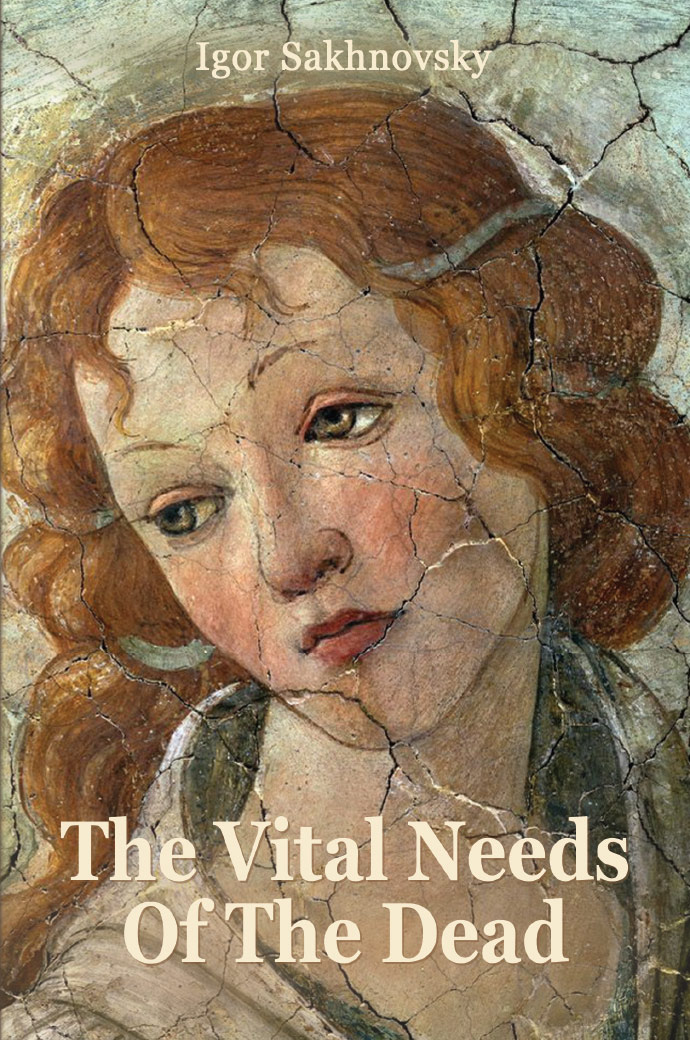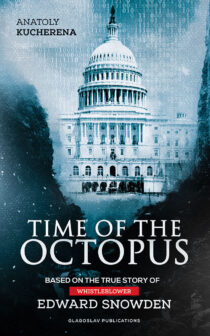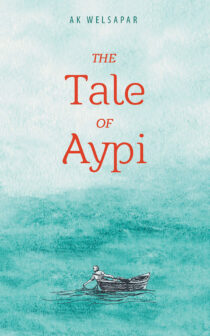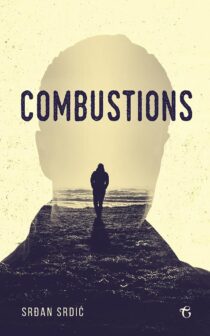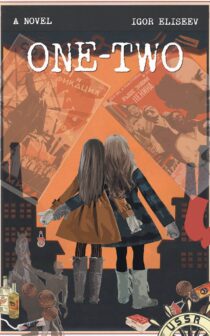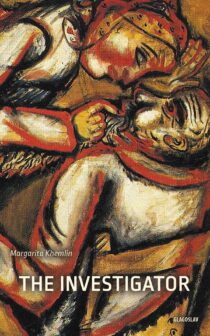The Vital Needs of the Dead
Price range: €6.99 through €24.99
Author: Igor Sakhnovsky
Translator: Julia Kent
What needs might the dead have? Our loved ones stay with us after they’ve gone. Love, death and memory breathe in unison in the first novel by Igor Sakhnovsky. A boy is growing up in a small Soviet town beyond the Urals. There is a person in his life whose unobtrusive devotion will stay with him and see him through all hardships.
What needs might the dead have? Our loved ones stay with us after they’ve gone. Love, death and memory breathe in unison in the first novel by Igor Sakhnovsky. A boy is growing up in a small Soviet town beyond the Urals. There is a person in his life whose unobtrusive devotion will stay with him and see him through all hardships.
This semi-biographical story of “sentimental education” of a young man in a Russian province chronicles his life from childhood to university years, with his first love, to an older woman, his attempt to break out of the provincial morass and the choices he has to make.
The book leaves the reader sensing that there is “nothing more terrifying, beautiful and fantastical than the so-called real life.” The book was highly acclaimed in Russia and firmly established Igor Sakhnovsky as one of the most interesting Russian writers of today. The novel gained Sakhnovsky the prestigious Hawthornden Fellowship (other winners have included Ian Rankin, Alasdair Gray and Hilary Spurling, among others).
| Dimensions | N/A |
|---|---|
| Author | Igor Sakhnovsky |
| Pages | 162 pages |
| Publication date | 25th August 2012 |
| Book Format | Hardcover, Paperback, EPUB, Kindle, PDF |
Endorsements and Review Quotes
“Eschewing grand themes Sakhnovsky plunges the reader in the sensory beauty of the every-day life that prompted critics to compare his writing with that of Nabokov and Bunin. In his writing Saknovsky transcends seemingly ordinary characters and mundane situations proving that ‘ordinary things’ are in fact most extraordinary. We speak to Igor Sakhnovsky himself and the translator of the novel, Julia Kent.” The Voice of Russia Radio
“Sakhnovsky’s writing gives out an impression that there’s nothing more scary, beautiful and fantastic than the so called real life. The sub-title of this work of prose says ‘chronicles’. Not fiction, but real circumstances of one’s own life that Sakhnovsky learned to feel when they line up as if living entities waiting to be noticed, learned to channel into his work from, as it looks to me, Nabokov and perhaps Proust. These lessons, however, did not teach him to mimic his masters.”
NEW WORLD MAGAZINE
“Igor Sakhnovsky’s novel is a joyful find for anyone who knows the price of seemingly insignificant details in life, for anyone who understands that the most important events go unregistered, if only picked up by one’s side vision, by a lonely existence of a lonely person. This isn’t a literary method or a mental determination. In fact, this is the way the writer’s perception is.”
LYUDMILA ULITSKAYA, famous Russian writer
“.. Igor Sakhnovsky, a novelist with a fine sense of visual beauty, personal eccentricity, and curious ephemera.”
THE MORNING NEWS
“The Vital Needs of the Dead is a must read, imperatively. The novel’s intonation of love, memory, sadness, its biographic plot and finely crafted souls and the time they’re in, all this can be only compared to Bunin’s The Life of Arsenev.”
ROSSIYSKAYA NEWSPAPER
“There are flashes of Bunin’s sensory brilliance in Sakhnovsky’s observations, in his detailed and unswerving physicality or in his lyrical animation of the external world.” RUSSIA BEYOUND THE HEADLINES
Other publications:
No sex please, this is Russian literature/ PAKISTAN DAILY TIMES
